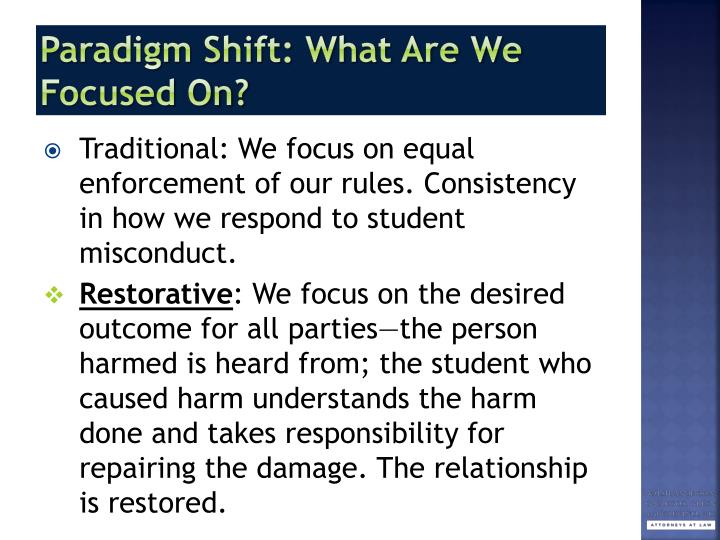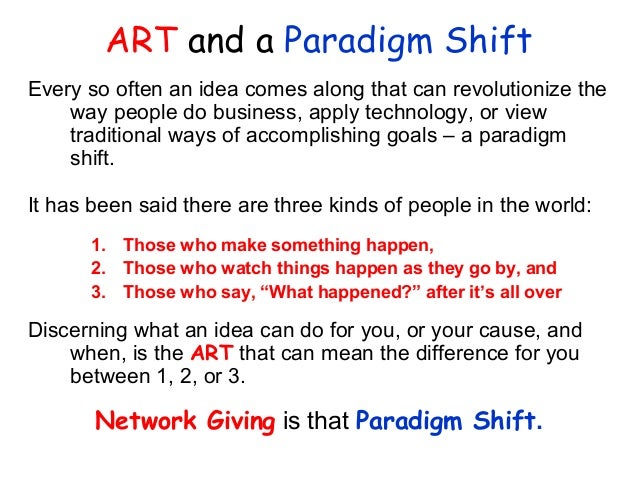

Born in 1922 in Cincinnati, he studied physics at Harvard, graduating summa cum laude in 1943, after which he was swept up by the war effort to work on radar. What made it worse for philosophers of science was that Kuhn wasn't even a philosopher: he was a physicist, dammit. But in 1962 almost everything about it was controversial because of the challenge it posed to powerful, entrenched philosophical assumptions about how science did – and should – work.

The fact that his version seems unremarkable now is, in a way, the greatest measure of his success. These revolutionary phases – for example the transition from Newtonian mechanics to quantum physics – correspond to great conceptual breakthroughs and lay the basis for a succeeding phase of business as usual. Where the standard account saw steady, cumulative "progress", he saw discontinuities – a set of alternating "normal" and "revolutionary" phases in which communities of specialists in particular fields are plunged into periods of turmoil, uncertainty and angst. Kuhn's version of how science develops differed dramatically from the Whig version. Before Kuhn, in other words, we had what amounted to the Whig interpretation of scientific history, in which past researchers, theorists and experimenters had engaged in a long march, if not towards "truth", then at least towards greater and greater understanding of the natural world. Before Kuhn, our view of science was dominated by philosophical ideas about how it ought to develop ("the scientific method"), together with a heroic narrative of scientific progress as "the addition of new truths to the stock of old truths, or the increasing approximation of theories to the truth, and in the odd case, the correction of past errors", as the Stanford Encyclopaedia of Philosophy puts it. The real measure of Kuhn's importance, however, lies not in the infectiousness of one of his concepts but in the fact that he singlehandedly changed the way we think about mankind's most organised attempt to understand the world.

So if ever a big idea went viral, this is it. It is also one of the most cited academic books of all time. And it currently turns up inside no fewer than 18,300 of the books marketed by Amazon. A Google search for it returns more than 10 million hits, for example. The litmus test is whether you've ever heard or used the term "paradigm shift", which is probably the most used – and abused – term in contemporary discussions of organisational change and intellectual progress. Many if not most lay people have probably never heard of its author, Thomas Kuhn, or of his book, The Structure of Scientific Revolutions, but their thinking has almost certainly been influenced by his ideas. F ifty years ago this month, one of the most influential books of the 20th century was published by the University of Chicago Press.


 0 kommentar(er)
0 kommentar(er)
